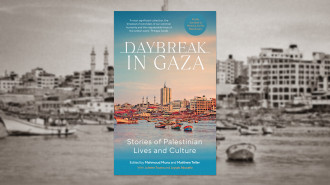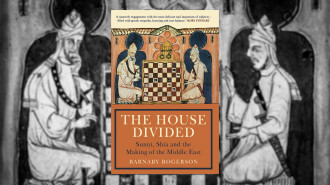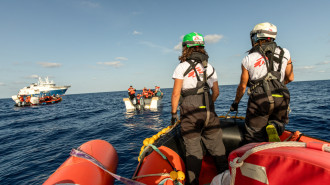A family tries to go back home to Mosul
The Iraqi policemen went house to house, kicking in doors, searching through piles of belongings left behind. IS had been driven out of this neighbourhood of western Mosul, and now they were going through the slow, tedious work of search for explosives or hidden fighters.
The houses were mostly empty since their residents fled, now housed in large camps outside the city. But tension was high during the hunt. Every door or every hole in the road could hide booby traps. Snipers or suicide bombers could by anywhere.
But the police felt confident. They talked of themselves as freeing Mosul's civilians from IS.
"They didn't have a bite to eat. They didn't have food or drink at all. Thankfully, now we're gradually liberating them and getting them out of this situation," says Mithaq Sabir, a policeman with the raiding unit in Mosul's Dawasa district earlier this week.
But the situation is delicate. When a man approached with a cart, a policeman halted him at a distance, peered under the cart before demanding he show identification.
Then a family showed up - a man, wife, kids - trudging down the street carrying plastic bags. "Where are you going?" the police barked at them.
They were trying to go home. Mustafa Ismael Mustafa, a biology teacher, and his family fled Mosul days ago as the fighting intensified. Now he wanted to come back and he was navigating his way through checkpoints and Mosul's devastation with his wife, three children and brother-in-law.
A testy interrogation ensued. Iraqi forces routinely subject local men to checks, looking for IS militants who might be trying to slip out of the city disguised as civilians.
The police scrutinised the family's ID papers suspiciously. One asked Mustafa his wife's name and when he replied, the policeman - looking at the spouse's name on Mustafa's papers - shouted that he was wrong. Mustafa realized. "No, I divorced her. I divorced her long ago," he cried, explaining that he had remarried and the papers were not up to date.
Finally, they were allowed to pass.
Excited to be returning home, the children dashed up the stairs into the family house. They found the walls charred. What wasn't burned was trashed.
Mustafa said IS fighters had set the house ablaze while he and his family were huddled in the cellar for shelter.
An IS fighter told them, "Get out because I will burn it before the army arrives," Mustafa said.
Mustafa collected whatever clothing was left unburned as the sounds of explosions and battle echoed in the background.
The police squad was done for the day. Back at their base - a residential building that was once someone's home - they quickly relaxed, smoking cigarettes and waterpipes and watching videos on their phones.
Their morale was high.
"I will never take it off," Sabir declared, pointing to his uniform as his buddies nodded. "This uniform will be taken off on one condition: either we achieve victory or I become a martyr."
Mustafa's family, meanwhile, reluctantly decided they had to go back to the camp. There was no way to stay: Their house was half-burned, there was no electricity or water, the war was still raging a few streets away and they were distrustful of the police.
They trudged down devastated streets, building leveled, asphalt buckled. They carried the plastic sacks and school backpacks full of what they could salvage. On their way out, they pass a group of Iraqi policemen and pro-government militia dancing and celebrating by shooting their guns in the air.

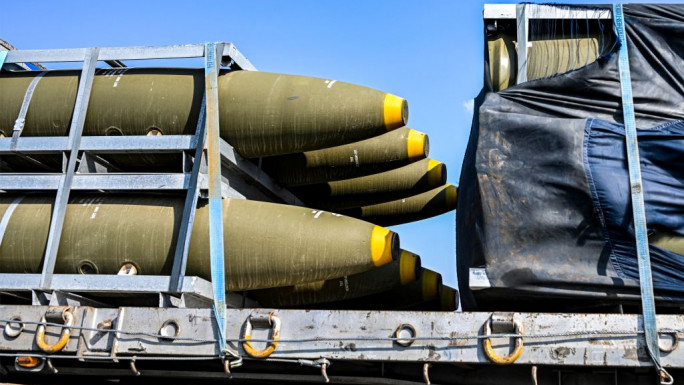
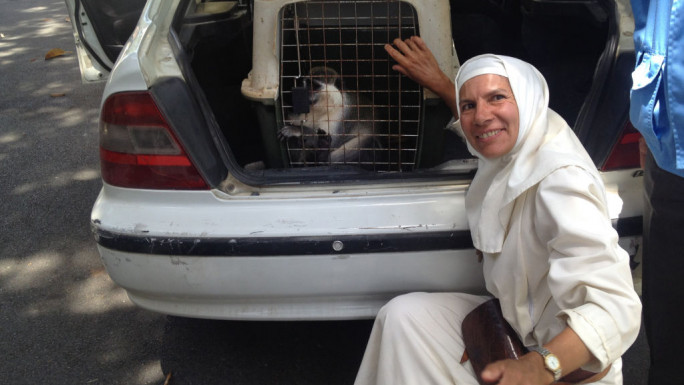

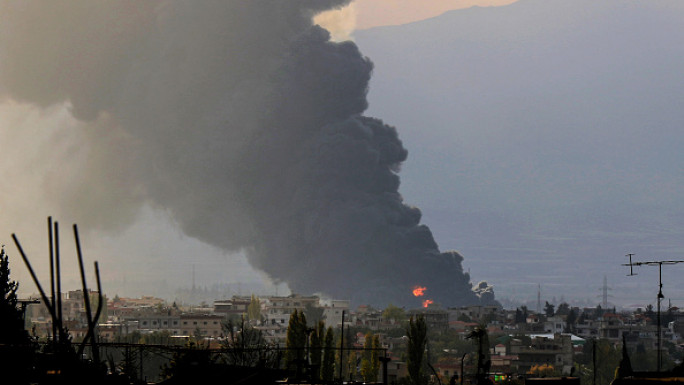
 Follow the Middle East's top stories in English at The New Arab on Google News
Follow the Middle East's top stories in English at The New Arab on Google News
